I’m halfway through a ridiculous ordeal to get home from Portland, as I sit typing this in the Humphrey terminal at MSP. I’m very much looking forward to getting back to ground-based transportation at this point, no matter its condition. I found these two scruffy rascals in a search last night, and they still look interesting, so I’ll run with them.
How do you choose a project car? Prevailing wisdom says it should be something you truly love, so that you are willing to weather the storms that inevitably come with fixing up an old car. But that’s not much help if, like me, you’re more or less agnostic in your love of cars. Before I bought my MGB, I looked at a Volvo 122, a Sunbeam Alpine GT, and a Porsche 924, and inquired after a bunch more, including a Lancia Beta, a Mustang II, and a second-generation Camaro. I have no brand loyalty; I just like what I like.
Once something catches your eye, though, that’s when the real danger sets in. You have to approach any prospective project car with as clear of a head as you can manage, and consider the worst possible outcome, rather than just hoping for the best. The Volvo I looked at ran all right, but had no floors – and I don’t know how to weld. So it was out. The Porsche was the opposite; it was rust-free and shiny, but ran on three cylinders. And that poor old Sunbeam still surfaces on Craigslist in the Pacific Northwest once in a while. I don’t think anyone has gotten it back on the road yet. I thought my MG was a safe bet, until the radiator blew on the drive home.
The two cars I’m going to show you today couldn’t be more different. One is a stodgy sedan with a busted transmission, and the other is a sports car that has been transformed into someone’s vision of something. Spend time getting either one of them back on the road, however, and you’ll know a thing or two about old cars. That much is certain. Let’s check them out.
1974 Volvo 164E – $1,000
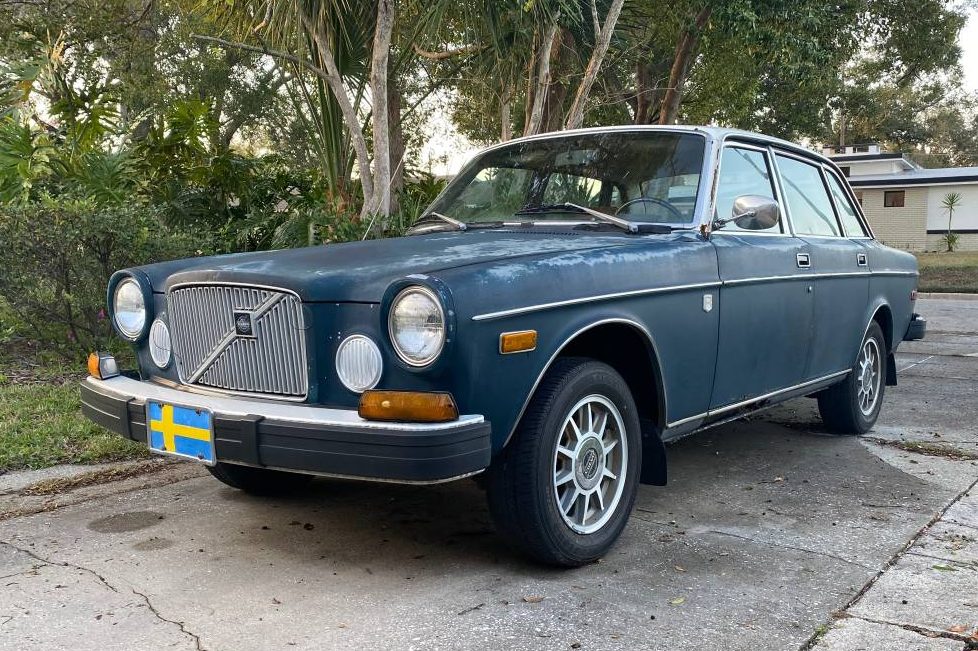
Engine/drivetrain: 3.0-liter OHV inline 6, three-speed automatic, RWD
Location: Orlando, FL
Odometer reading: 120,000 miles
Operational status: Runs well, but has transmission issues – must be towed
Volvo is often seen as a luxury brand, but if you’re familiar with its cars, especially older ones like this, you’d know they’re not really luxurious. The’re just nice, and well-built. But come to think of it, quality was something of a luxury in the world of 70s automobiles, when so few had it, so I guess you could say this is a luxury car. The 164 is definitely a step fancier than its other models, aimed squarely at BMW and Mercedes.
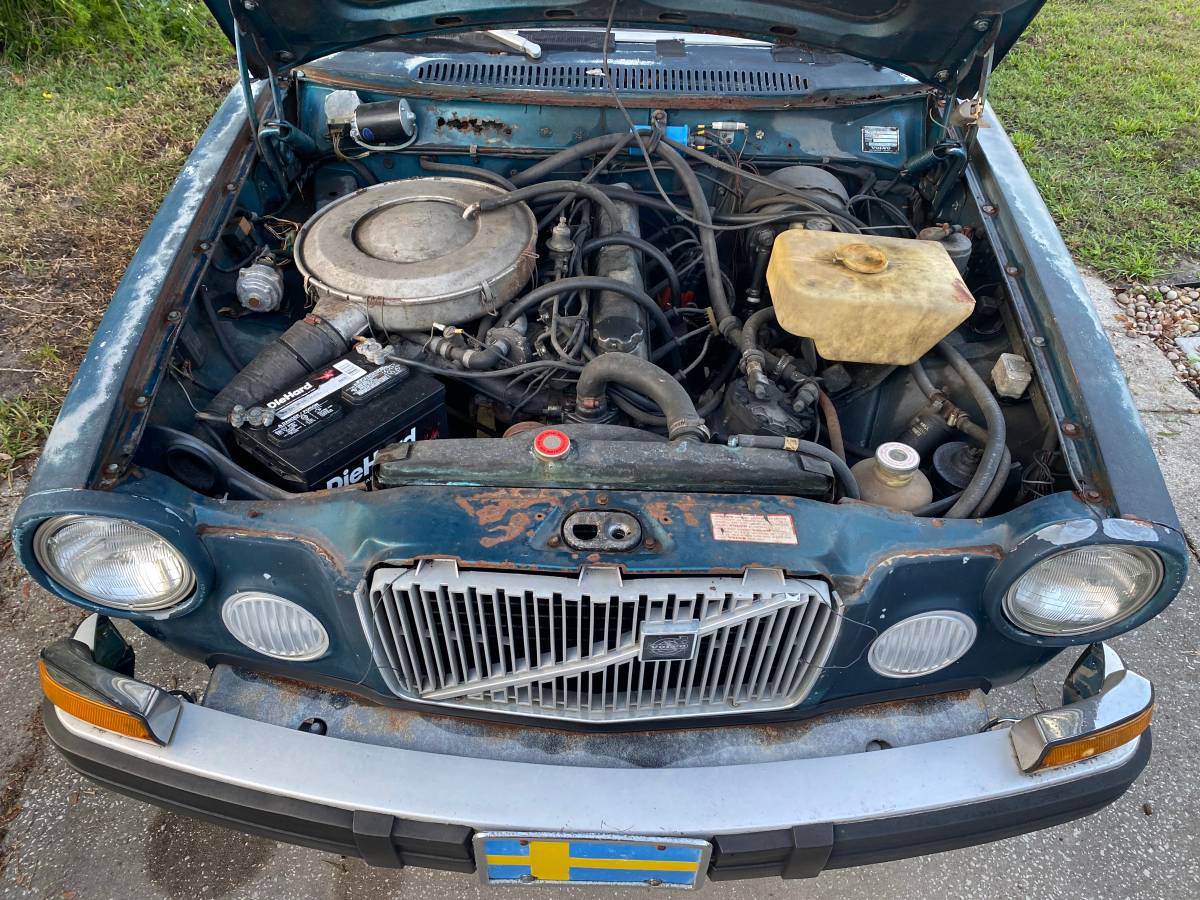
In place of the typical four-cylinder, the 164 features an inline six. This is a later E model, with fuel injection. The seller says it runs well, and in fact it was daily-driven until a year ago. Unfortunately, like too many US-spec models, this 164 has an automatic transmission, and even more unfortunately, it’s a Borg-Warner 35, the official poster child of “eh, good enough” when it comes to optional automatics in European cars in the 70s. Predictably, it’s trashed, has no reverse, and it sounds like it slips going forward. The seller was planning a four-speed manual conversion, but has not been able to locate a pedal assembly to complete it. They fear some custom work might be necessary. It doesn’t sound like a bolt-in conversion.
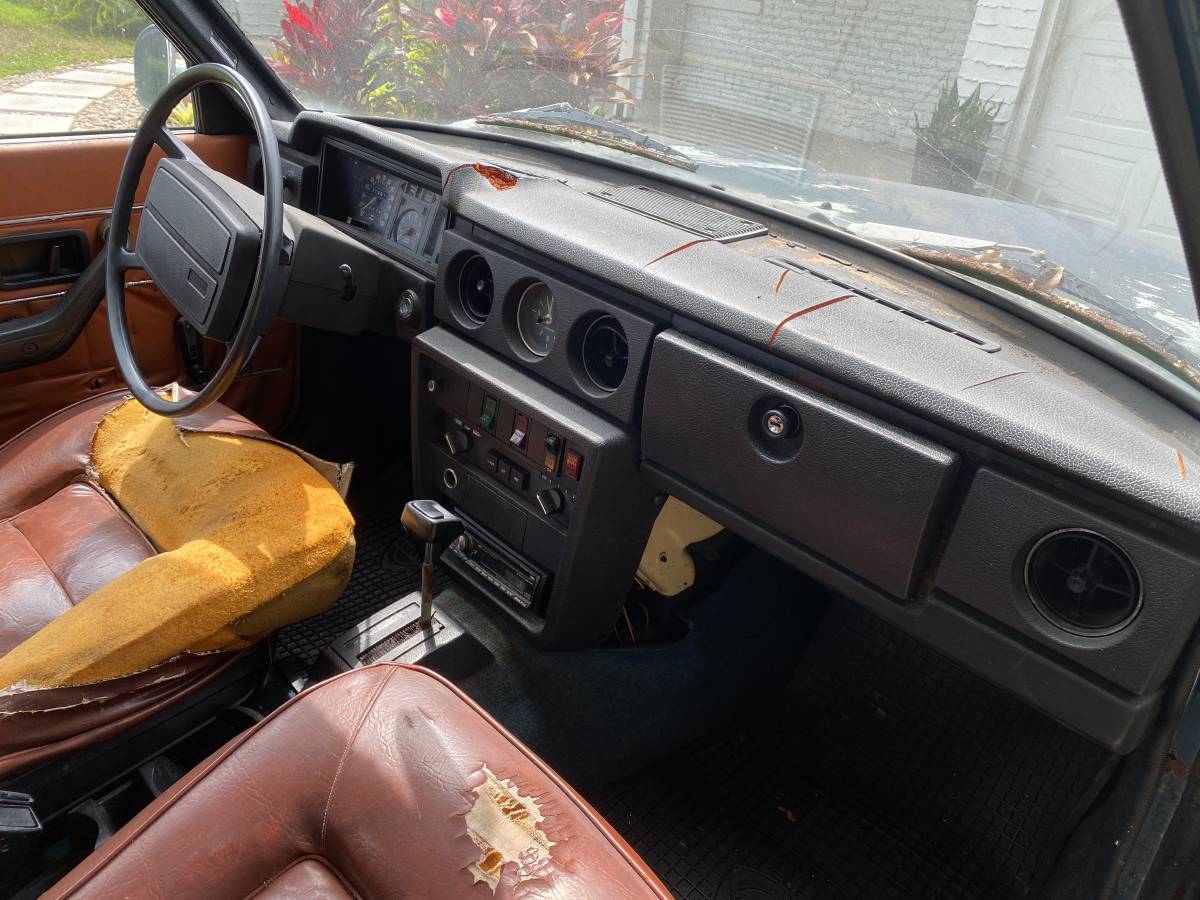
It’s rough inside, a victim of many years of regular use. This was the loaner car for a Volvo dealership in the 80s, and getting passed around like that is tough on a car’s upholstery. The dash top has seen better days as well. Restoration parts are available for other Volvos; it should be possible to track down what this one needs.
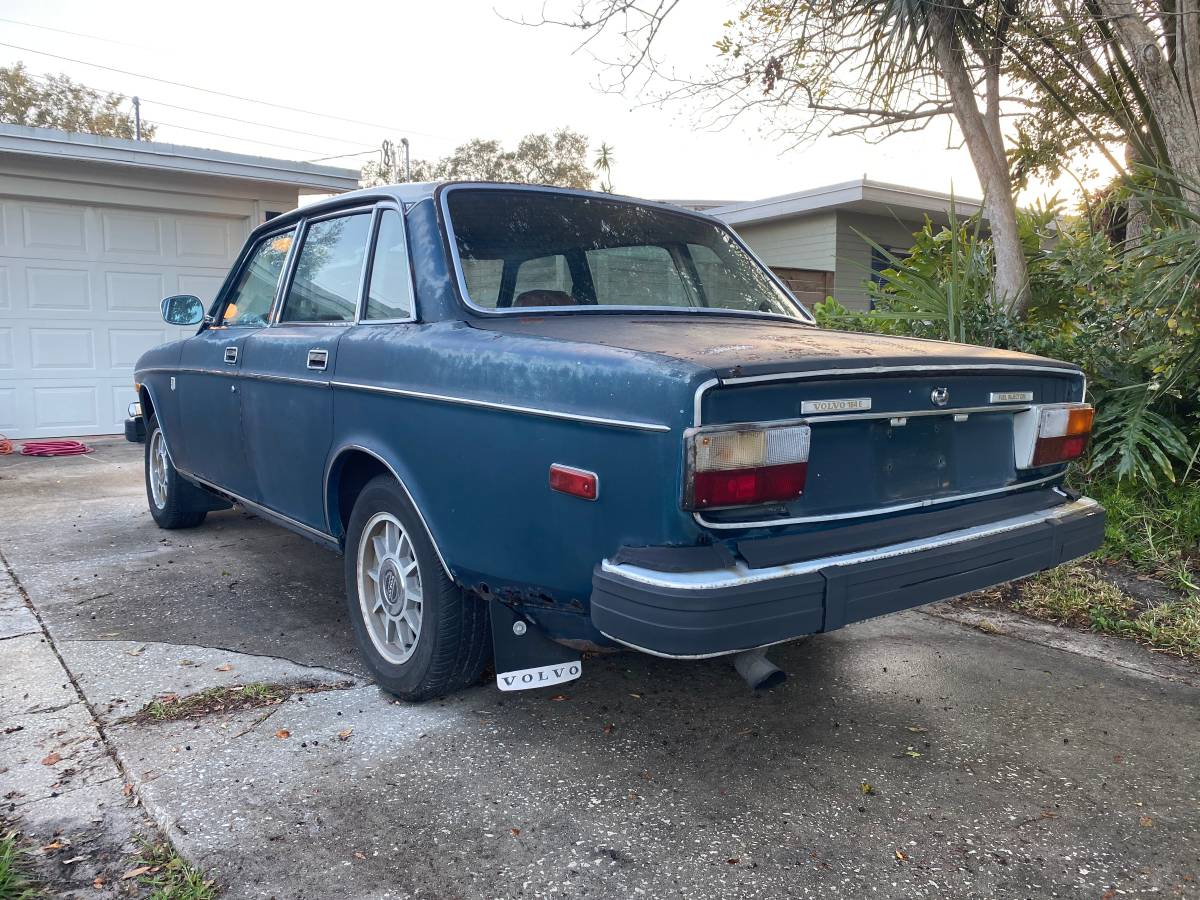
Another thing it needs is rust repair; the tin worm has been chewing away at the floors and rocker panels for some time now. But hey, the price of entry is low enough. Make this the car that gets you to learn how to weld. And when that’s done, you can try your hand at a DIY paint job, too.
1986 Pontiac Fiero SE – $2,500
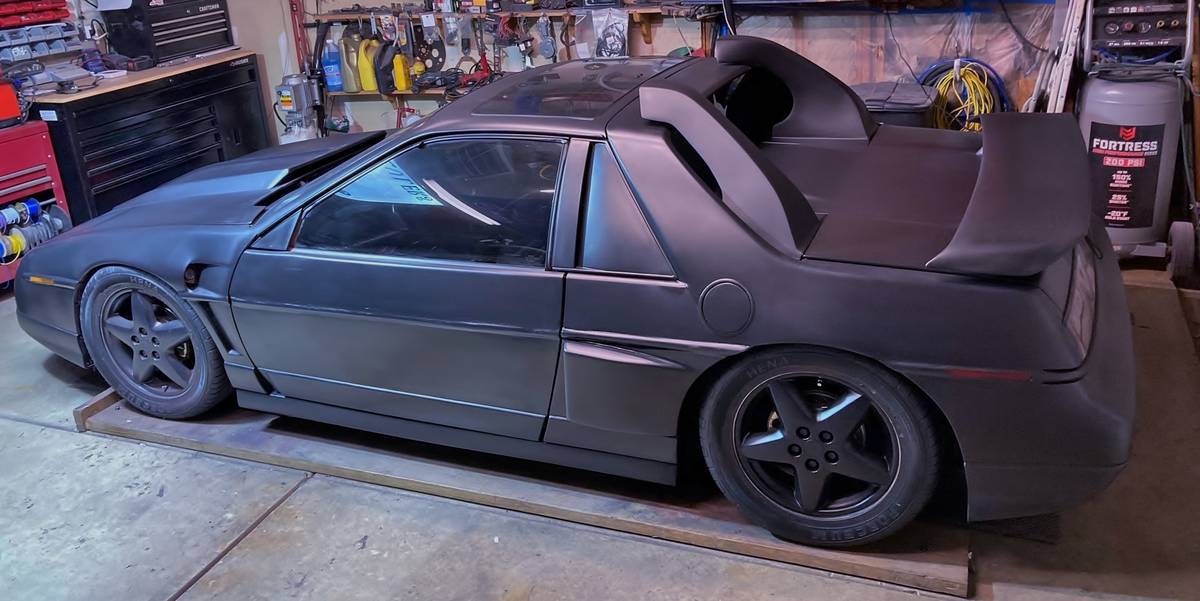
Engine/drivetrain: 2.8-liter OHV V6, four-speed manual, RWD
Location: Greenwood, IN
Odometer reading: 166,000 miles
Operational status: Not running, needs fuel pump
Selling a customized car is a dangerous business. It’s such a personal endeavor, and your tastes are unlikely to align perfectly with someone else’s. So if you’re going to customize a car, you’re better off doing it for yourself, rather than expecting to turn a profit. And it’s also better if you finish it before trying to sell it, because it’s even more unlikely that someone else is going to want to continue the work to realize your vision. Witness this hopefully one-of-a-kind Pontiac Fiero.
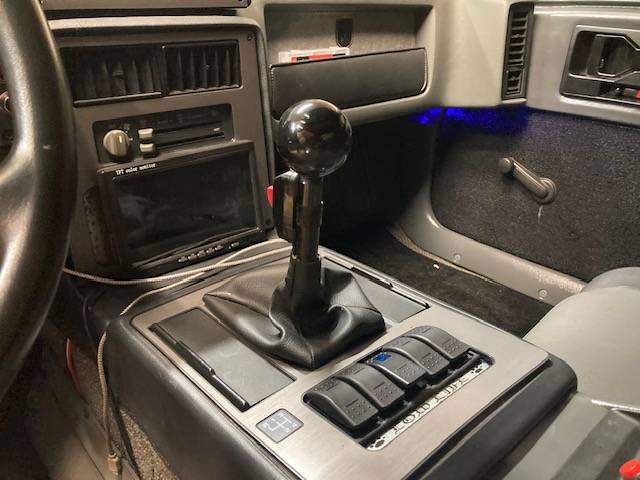
The seller calls this car a GT, but it isn’t. In 1986 the GT version of the Fiero received its own unique body panels, with a fastback silhouette created by long flying buttresses and quarter windows on either side of the engine cover. This is the typical “notchback” Fiero shape, marking it as a base or SE model. Since it has the V6 engine, I’m assuming it’s an SE. It still has the old Muncie four-speed manual, which means it’s an ’86 from early in the year, as well. The engine and transmission have been rebuilt, but the car currently needs a new fuel pump to run.
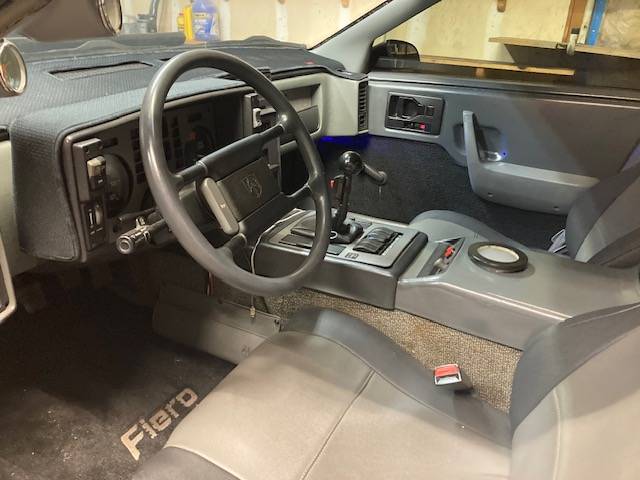
There are a lot of strange little details about the interior of this car that you’d probably have to have the seller explain to you. The row of switches behind the shifter are for the air-ride suspension, I imagine, but I don’t know what the red button on the side of the shifter does. I like to think it activates a smoke screen, or an ejector seat on the passenger’s side, but it’s probably nothing that cool.
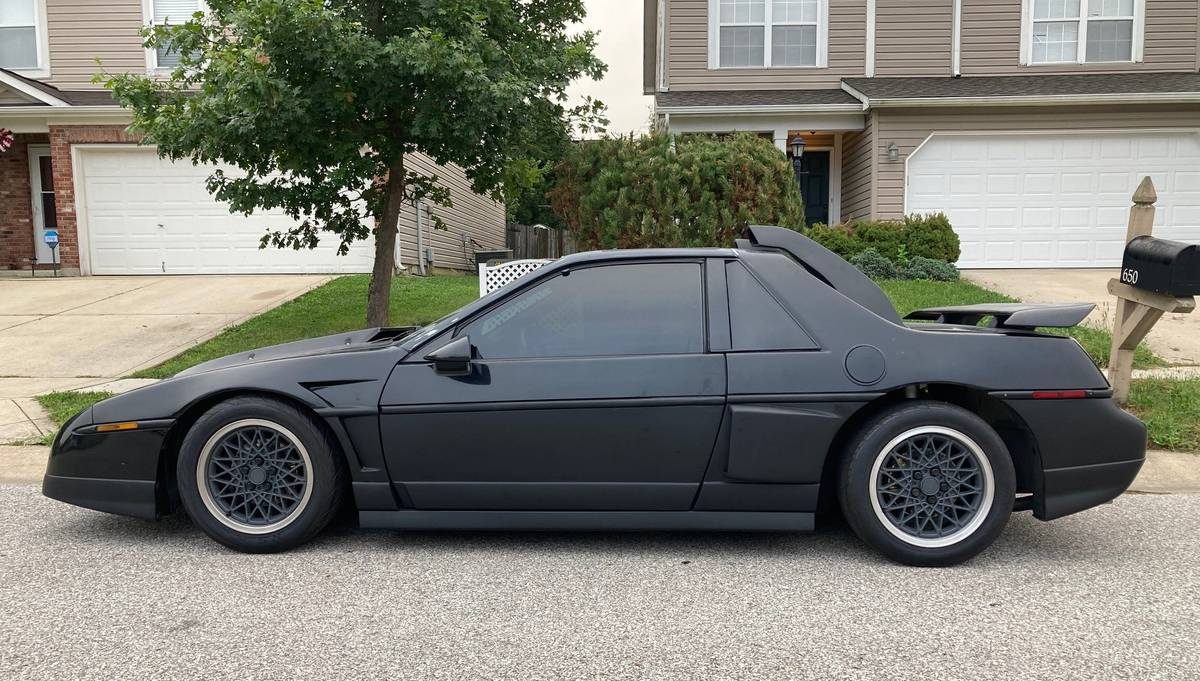
Who else remembers the old MPC “Golden Opportunity” model kits from the 1980s? Because that’s what this car reminds me of on the outside. You could either build the car stock, or add on a bunch of custom bric-a-brac to the outside. This looks like it takes its inspiration from the “Custom” version of the Fiero on the box. It has a cowl-induction hood, which is ridiculous because the engine and its air intake are in the back, but it also has those two huge air scoops sticking up over the roof, which may or may not be functional. The door handles have been shaved, too, a detail I have never understood. And at the moment, it looks like the entire thing is finished in flat black.
The sellers of both of these cars had a vision for them, and it’s a vision you’ll have to share to some degree to get them back on the road. One of them needs a transmission swap and some rust repair, and the other technically only needs a new fuel pump, from the sound of it, but there is a lot of work done that you may wish to undo. Either way, you can dip your toes into both mechanical repair and body work with either one of them. Which one will it be?

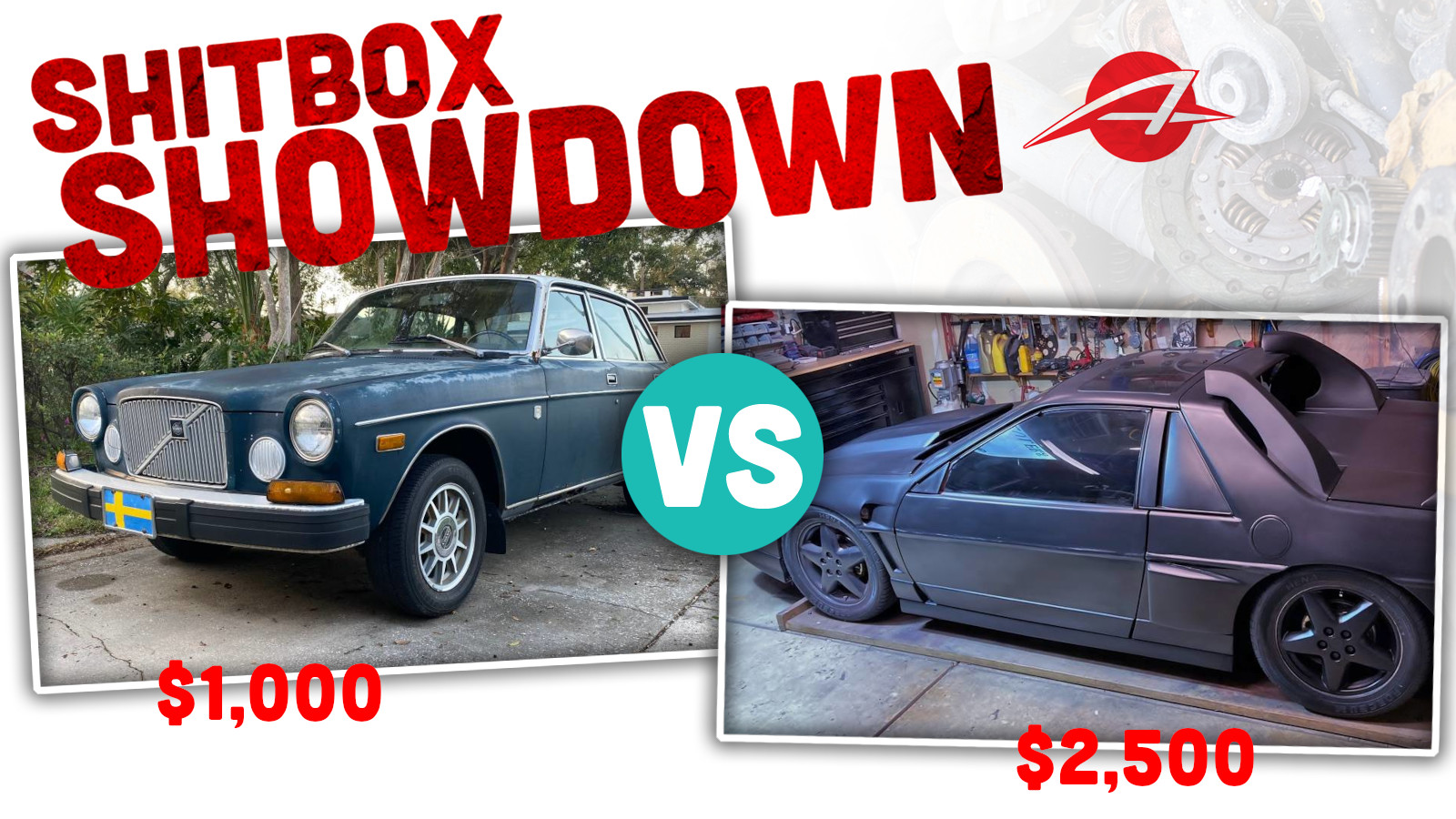




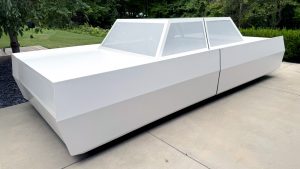


In the history of Craigslist, and possibly of cheap used car ads, a car that “just needs a fuel pump” has never, not once, just needed a fuel pump. It’s basically a euphemism for “drivetrain has something either very expensive or very mysterious wrong with it”.